Once you have children, you become acutely aware of how much things have changed since you were a kid. With all of the modern advances in technology, kids are getting less time outside. It is important to expose your kids to nature for their health and for knowledge about this planet where we live. Below are some ideas for incorporating nature into your children’s education by using both short-term nature activities and long-term naturalist hobbies. Whether you are homeschooling or just looking for fun, natural science educational activities for your kids, consider these nature based education curriculum ideas.
Nature-Inspired Learning and Living Activities
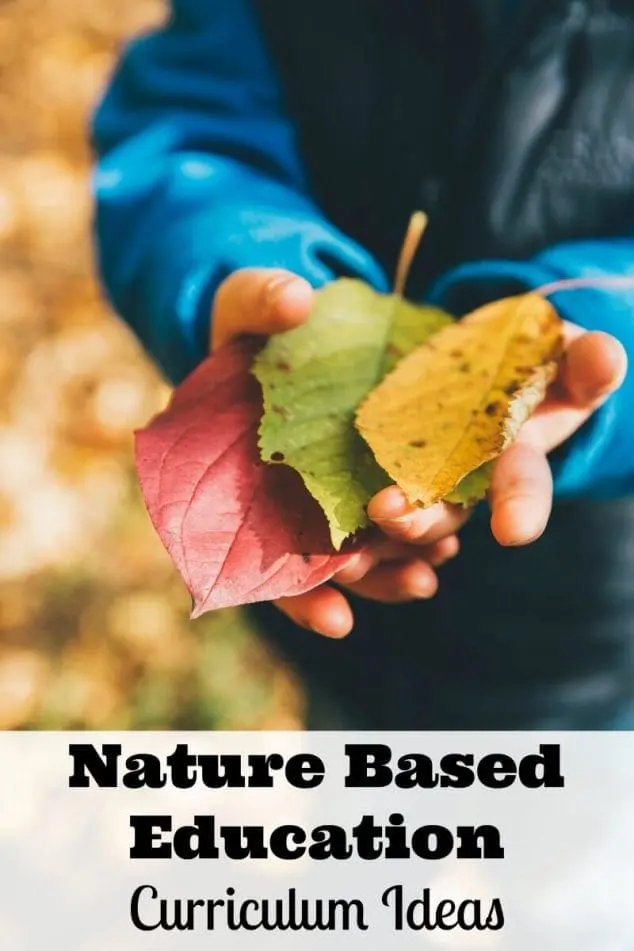
In today’s busy world, finding ways to connect with the natural environment can bring balance, inspiration, and a sense of well-being. Whether through hands-on learning, outdoor hobbies, or simply weaving natural elements into daily routines, incorporating nature into education and lifestyle helps us slow down, stay grounded, and cultivate curiosity. From gardening and birdwatching to outdoor science projects and mindful walks, these simple practices allow us to live more like naturalists—making nature not just something we visit, but a part of who we are.
Hiking
Hiking is one of the most popular outdoor activities and it is easy to see why. There are hiking trails everywhere, ranging from quite literally a walk in the park to more strenuous mountain treks. You, of course, want to take your child’s endurance and capabilities into account when planning a hiking trip.
In order to reap all the benefits of hiking, one must do more than focus on the exercise aspect. The reason that you would choose a hike over a treadmill is the environment. Therefore, take the time to make observations about your surroundings. Point out plants and animals to your kids. How many species can they find and identify? The more wildlife they see, the more excited they will get and the more fun they will have.
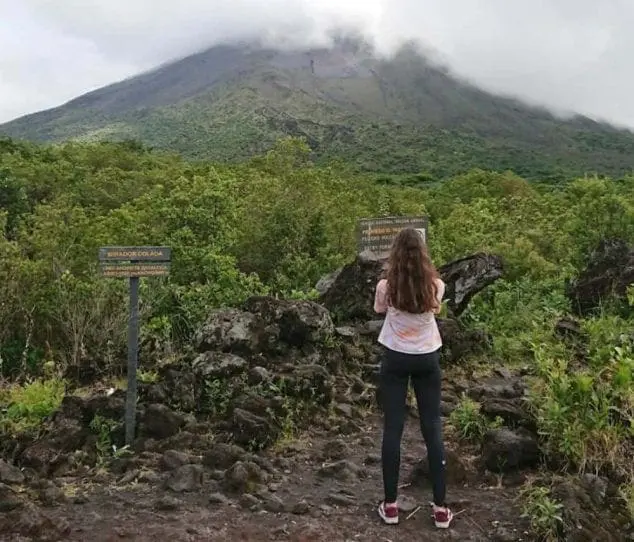
Do your research before you leave and be ready to share with your child the history of the area you are hiking in or facts about the surrounding plants. What makes hiking exciting for kids is that they get to see things and have experiences that are not every day. These out-of-the-ordinary experiences offer a great chance to teach your children about the environment.
It is also important to teach your children the basics of hiking safety and courtesy. These tools will not only make the experience more enjoyable, but add to their common sense and skill set. Hiking gives you a great opportunity to talk about all sorts of subjects with your kids. Nothing is off limits in the great unknown. Use this educational experience as a family bonding activity.
Birding For Children
Birdwatching is another of the nature based education curriculum ideas we love. While bird watching can be done anywhere (such as on a hike, hint hint), the easiest place to bird watch, especially when you have kids to lug around, is your backyard. By attracting birds to your home, you can teach your kids to have a personal relationship with nature.
The best thing about backyard birding is that every aspect of it is a learning experience. You can teach your kids what different birds eat, point out the different types of birds and their differences from each other, and tell them the habits of different birds. You can also draw comparisons between animals and humans in order to get them thinking about different behavior traits.
Watching the birds themselves will teach them about the tendencies of animals. They can also learn patience, as bird watching is a “quiet” activity, not one where they are running around and getting instant gratification.
There are a lot of practical lessons in bird watching. From sanitation, to keeping squirrels from the bird feed, your kids will learn basic problem solving skills in this activity. The greatest educational benefit is that of piqued curiosity. All that observation is sure to stir up some questions. In answering them, you can open up whole new worlds to your kids.
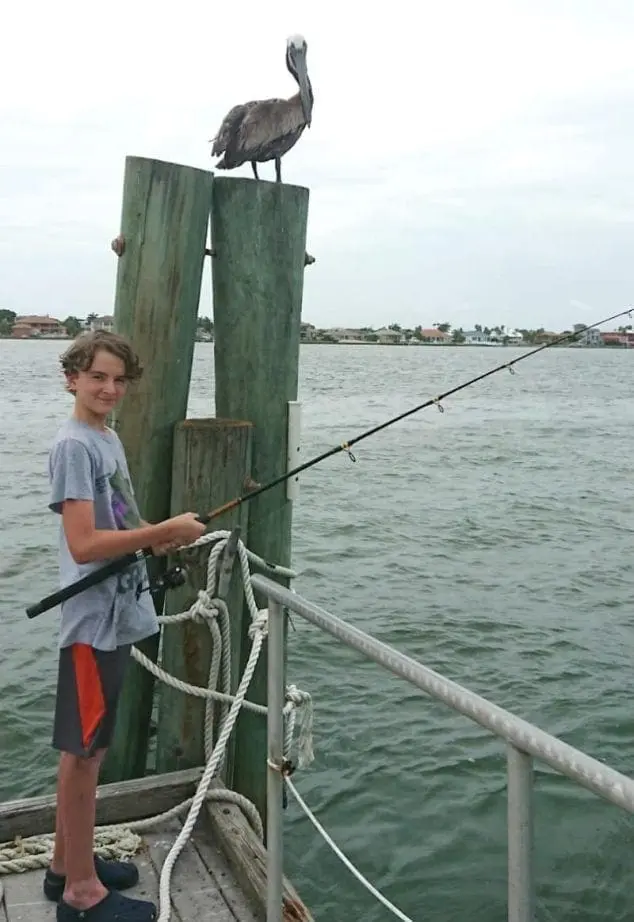
Don’t forget to actively bird watch wherever you go. Sometimes we spot hawks while driving or birds while fishing (another great nature activity.)
Gardening With Kids
As interactive as birding is, after the initial work, it is not a very hands-on activity. Though kids get excited to fill feeders, there is a much closer connection they can get with nature, and that is by working the earth itself.
Gardening is hard work, and little kids will tire quickly, but having them help you with little gardening activities and work their way up as they get older will teach them a lot about responsibility.
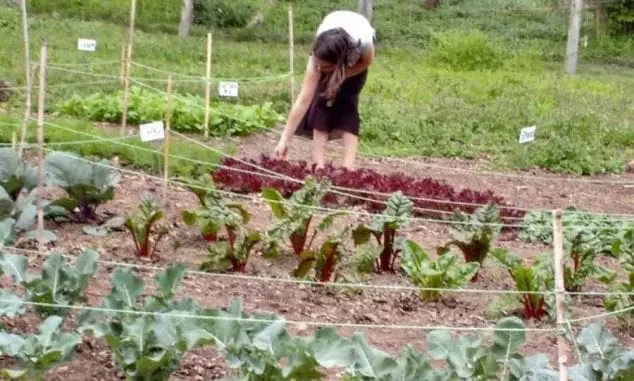
Gardening is practical learning in many ways. It is both economical and healthy. In today’s world, these are two things that your children should learn from an early age. Learning to take care of their bodies is an important part of growth. Learning to be frugal comes back to responsibility.
Caring for fruits, vegetables, and flowers also gives kids a sense of purpose. They learn a lot about the life cycle. Since plant placement is important, they also learn strategy. Even in weeding, they learn about plants.
Besides all of the practical applications, you can use gardening to teach your kids the science of how plants grow, the water cycle, and many other lessons. Hands-on learning is a great way to make things stay in their heads, so any lesson you can relate to the task at hand is great.
Rock Hunting
Another way you might know that you have a budding naturalist is on your hands is if they are interested in rocks, gemstones, fossils, or artifacts. Encourage this geological study by taking them on a rock hunt. Get a local rock field guide at your library and go out to a creek bed or and exposed rock wall and see what types of rocks you can find.
Here in Tennessee, it sometimes possible to find artifacts like arrowheads, fossils like crinoids, gemstones like quartz geodes, and rocks like limestone. What is common in your area?
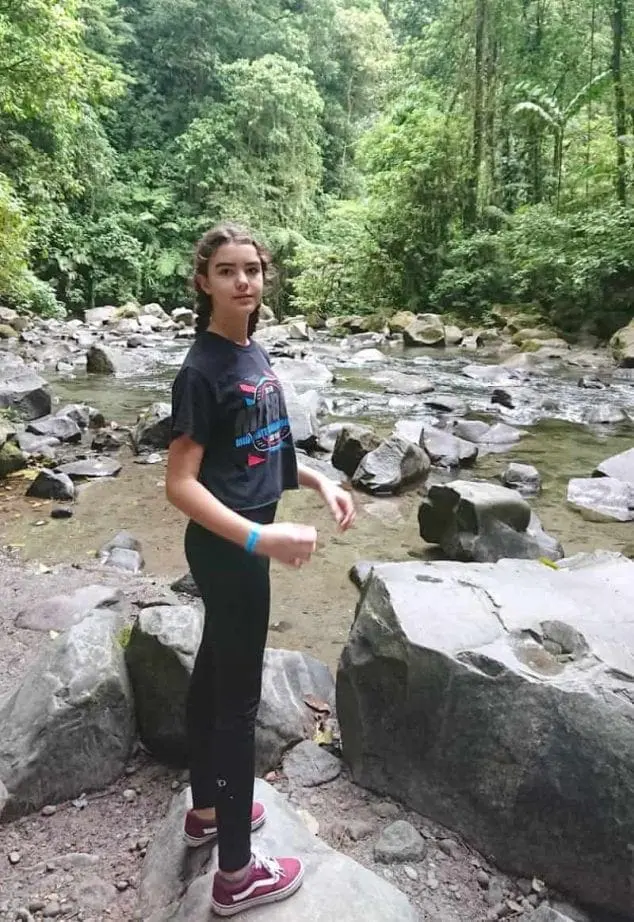
Conclusion
These are just a few ways you can make nature a bigger part of your children’s lives. There are many reasons that doing this is important, but the most important is that you are raising self-aware stewards of the earth, who are capable of their own thought and reasoning. All of these nature based education curriculum activities allow you to incorporate nature into education in fun, interactive ways that help build social relationships as well.
I hope you enjoy these nature based education curriculum ideas? Which ones do you think your child will be most interested in?
Related Posts:

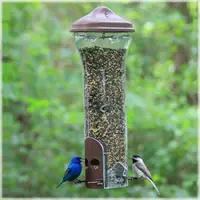
Robin says
My kids and I go hiking often. We find all sorts of things to explore and learn about in the woods.
Jim Peters says
Very well written post. I absolutely agree with you that in this technological world today, the smart phone, the PDAs, the play stations have completely taken over our kids’ lives and it takes a great effort on the part of parents to drag them away. Children aren’t playing outside anymore as their parents did. Loved the various activities you have mentioned here that parents could involve their kids in. If inculcated from a very young age, it wont be too difficult to make nature a big part of our kids lived. Very nice post. Thanks for sharing.
Ann says
I don’t have kids yet, but work with them. I agree that its so important to teach them about nature in this age of technology. I will definitely teach my kids about gardening! Thank you for sharing such important information! Bringing nature into everyday learning and living is a real talent.
Helen says
I agree. Embracing nature in education and lifestyle makes kids more interested in science and more caring about the world around them. These are great activities for blending nature with education and lifestyle.
Betty says
Nature is an amazing teacher and the more kids time spend outdoors the better. Thanks for the ideas on how to incorporate nature into their learning time.